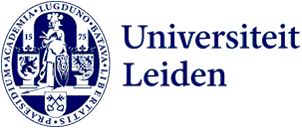Malpractice
If you see something that doesn’t seem quite right, it’s important to report it to the confidential counsellor for malpractice. This could be excessive spending on a project, for example, or the improper use of a lab. The more we know, the more we can do about it. Your anonymity is guaranteed at all stages of the process. Anything you say to the confidential counsellor will always be treated in strict confidence.
Gert de Boer
Confidential counsellor for malpractice (external)

"I want to create a safe environment where people are free to speak their minds and are not held back by worries about possible consequences."
De Boer has completed courses in psychology and mediation, specialising in criminal justice with the government as one of the parties, and the certified training course of the National Association of Confidential Counsellors (LVV). He lives and works in The Hague and Zwolle.
Contact Gert de Boer by email.
If you suspect wrongdoing, the first person to contact is normally your manager. However, if you prefer not to do this, for instance if your manager is the person about whom you have concerns, you should contact the confidential counsellor for malpractice directly.
More information about confidential counsellors
Find more about what a confidential counsellors does and does not do, confidentiality and options for appeal and objection on the page Confidential counsellors.
Committee on Whistleblowing
The Committee on Whistleblowing investigates reports of suspected or actual wrongdoing and then advises the Executive Board. Your identity will never be revealed without your explicit consent. The Committee, secretary and secretariat are bound by a duty of confidentiality, and all information will be treated in strict confidence.
